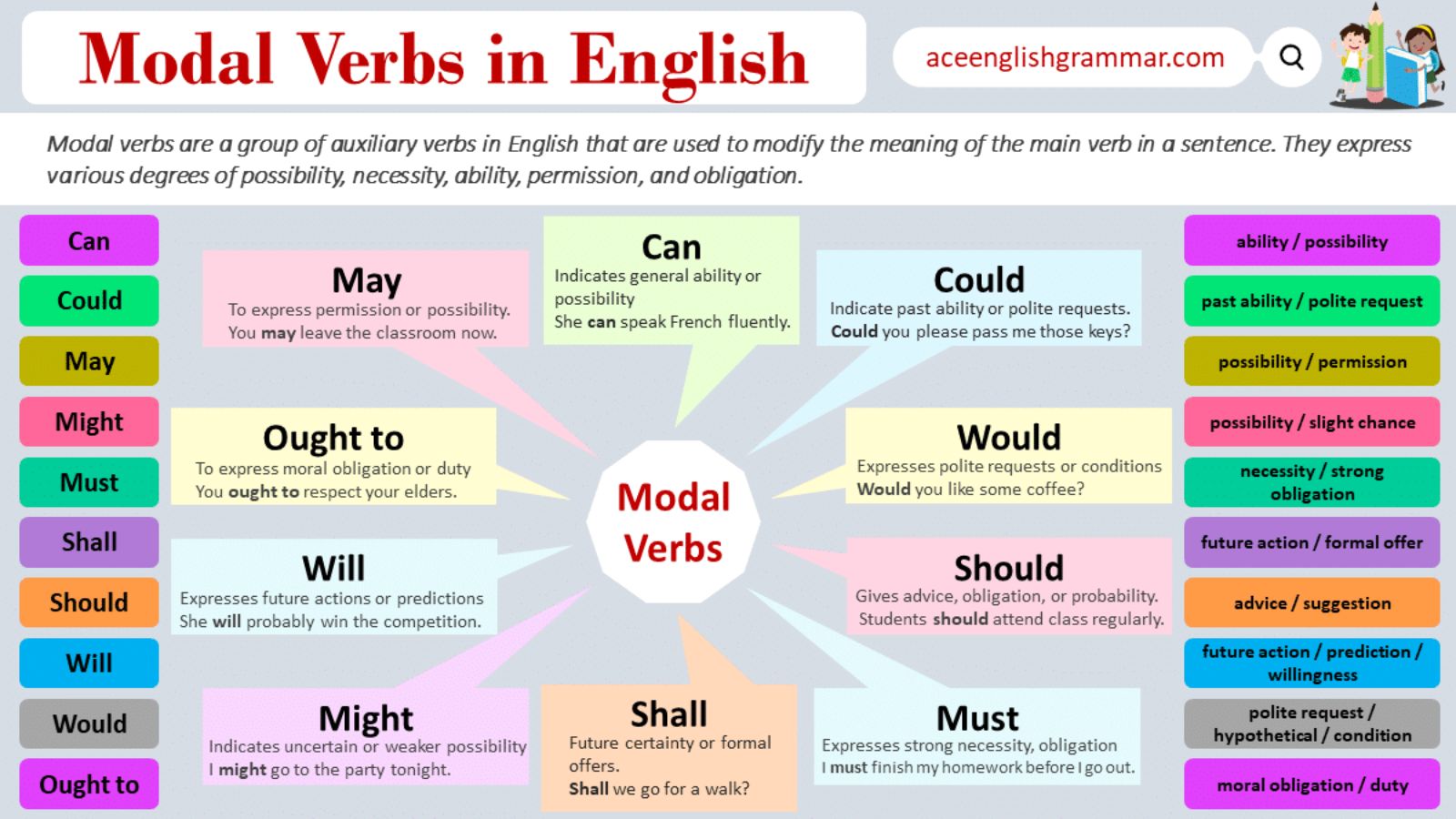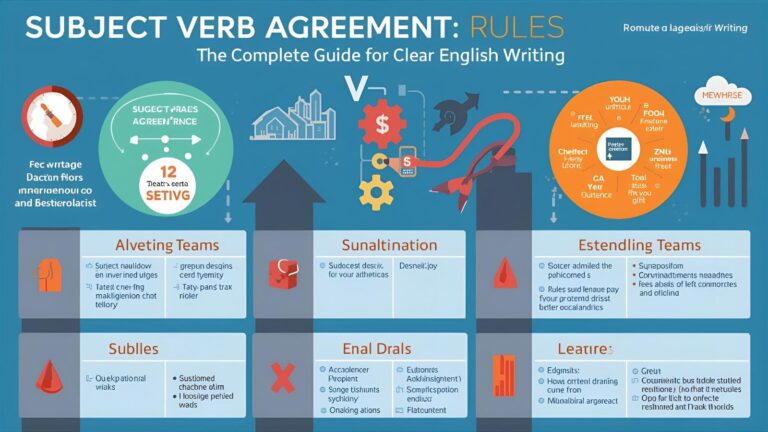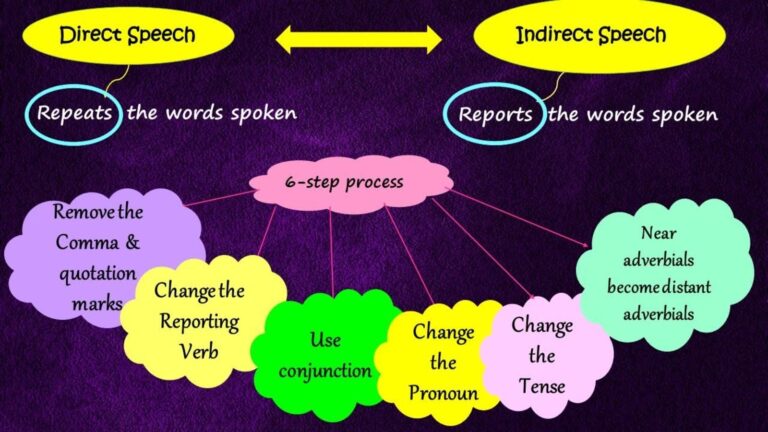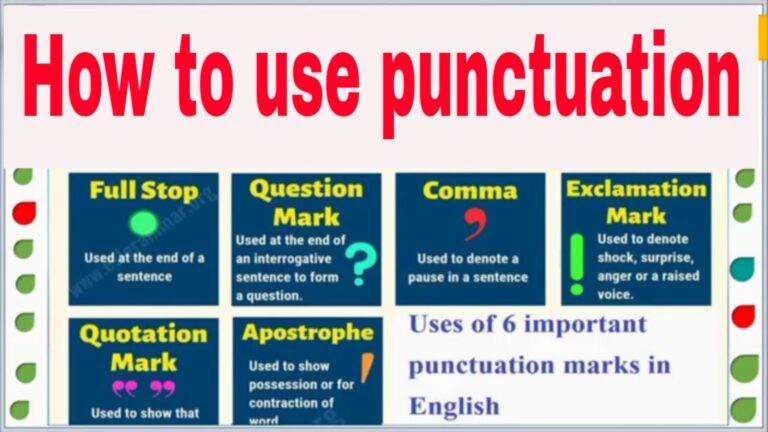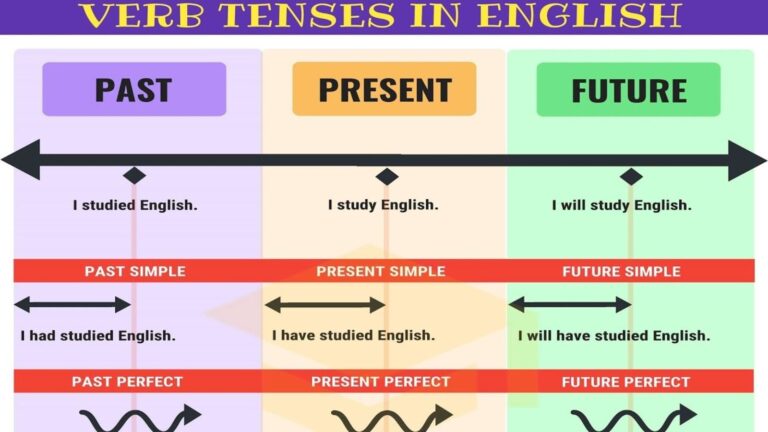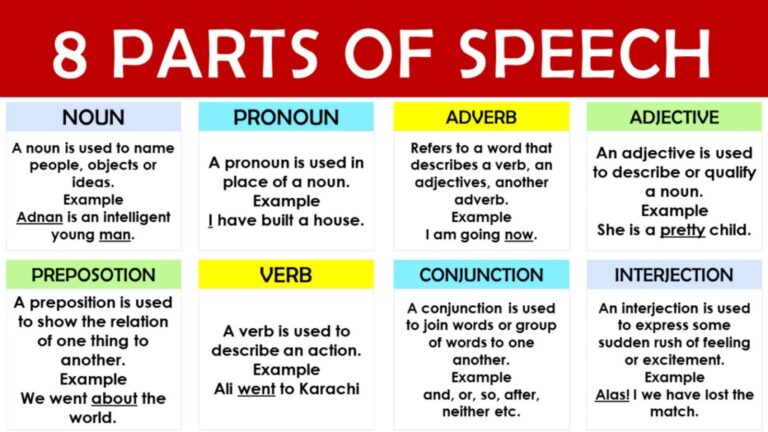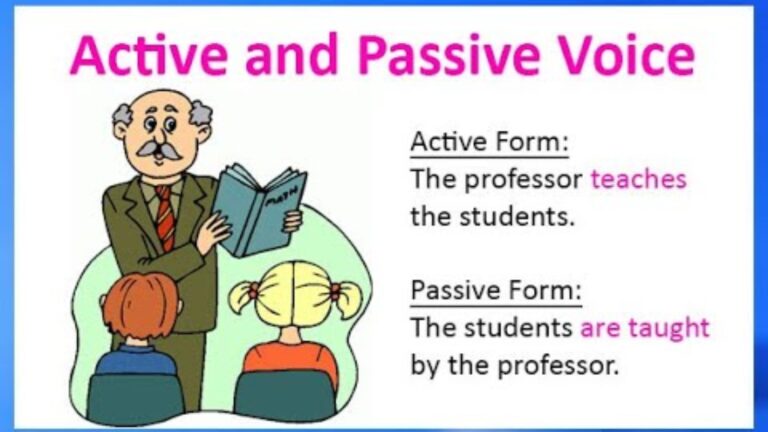356+Modal Verbs with Examples: The Complete Guide for Learners(2026)
Have you ever been confused about when to say can, could, must, or should? If yes, you’re not alone. Millions of English learners search for “modal verbs with examples” because modal verbs are among the most used but also most misunderstood parts of grammar. They change the meaning of a sentence by showing ability, possibility, necessity, or obligation.
The confusion comes from the fact that modal verbs don’t follow the usual grammar rules. They don’t add “-s” in the third person, they don’t use “to” before another verb, and they often change meaning depending on context.
This article clears up the confusion with simple definitions, clear examples, and comparisons. You’ll learn what modal verbs are, how they developed, how they differ in British and American English, common mistakes to avoid, and how to use them correctly in daily communication. By the end, you’ll be confident using modal verbs in emails, essays, conversations, and exams.
Modal Verbs with Examples – Quick Answer
Modal verbs are special helping verbs used to show possibility, necessity, ability, permission, or obligation.
👉 Examples:
- Ability → She can play the piano.
- Permission → You may leave now.
- Obligation → You must wear a seatbelt.
- Probability → It might rain tomorrow.
- Advice → You should study harder.
The main modal verbs are: can, could, may, might, must, shall, should, will, would.
The Origin of Modal Verbs
The word “modal” comes from the Latin modus, meaning “manner” or “mode.” In grammar, “modality” means the attitude of the speaker toward the action.
Historically, modal verbs in English come from Old English words like magan (can/may) and sculan (shall/should). Over time, they lost many endings and became “defective verbs” (verbs that don’t change form).
That’s why modal verbs today don’t follow normal grammar rules. For example, we say He can swim (not He cans swim).
British English vs American English Usage
Both British and American English use modal verbs, but there are small differences in preference.
👉 For example:
- British English: prefers shall for formal offers → I shall return soon.
- American English: prefers will → I will return soon.
| Function | British English Example | American English Example | Notes |
|---|---|---|---|
| Obligation | You mustn’t park here. | You can’t park here. | US often uses can’t instead of mustn’t. |
| Future | I shall be late. | I will be late. | Shall is rare in US. |
| Suggestion | Shall we dance? | Should we dance? | US prefers should. |
Which Form Should You Use?
- If you are writing for US readers: Prefer will, should, can over shall, mustn’t.
- If you are writing for UK/Commonwealth readers: Both shall and mustn’t are acceptable in formal English.
- If writing globally: Use simple and widely understood forms like will, can, should.
Common Mistakes with Modal Verbs
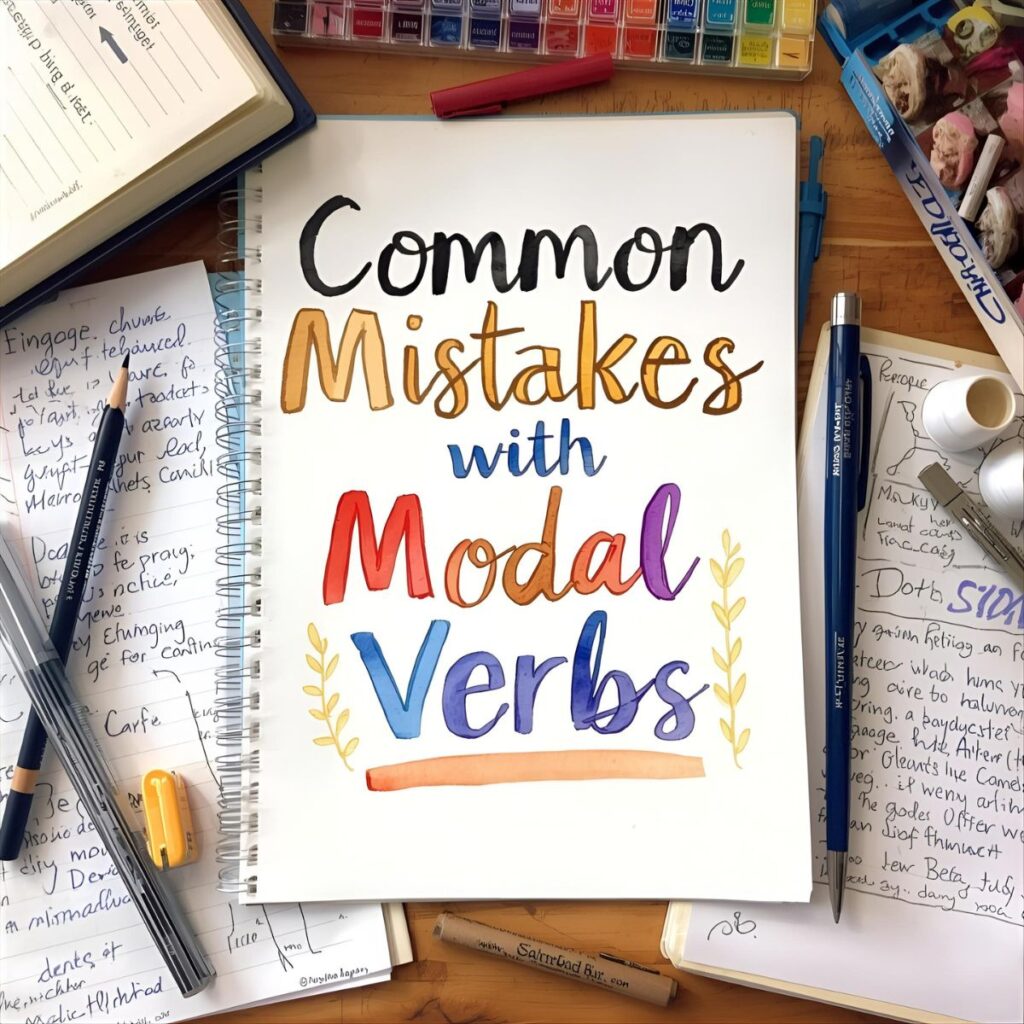
- Adding “to” incorrectly → Wrong: He must to go. ✅ Correct: He must go.
- Changing verb form → Wrong: She cans dance. ✅ Correct: She can dance.
- Double modals → Wrong: He might could help. (except in some dialects).
- Confusing meanings → Mustn’t (forbidden) vs Don’t have to (not necessary).
Modal Verbs with Examples in Everyday Use
- Emails: You should submit the report by Friday.
- News headlines: Government must act quickly to stop inflation.
- Social media: I might watch the game tonight.
- Formal writing: Students shall follow the rules at all times.
Modal Verbs – Google Trends & Usage Data
Search data shows that “modal verbs with examples” is most popular in:
- India & Pakistan: Students preparing for exams.
- Nigeria & Philippines: English learners and teachers.
- US & UK: Grammar support for academic writing.
| Country | Most Searched Modal | Common Use |
|---|---|---|
| India | Can, Could | Competitive exams |
| USA | Should, Must | Academic writing |
| UK | Shall, Must | Legal/official texts |
| Nigeria | May, Might | School grammar lessons |
FAQs
1. What are the 9 main modal verbs?
Can, Could, May, Might, Must, Shall, Should, Will, Would.
2. Can modal verbs change form?
No. They don’t take “-s,” “-ed,” or “-ing.”
3. Can modal verbs stand alone?
No. They must be followed by a base verb → She can swim.
4. What is the difference between “must” and “have to”?
Must is stronger and formal. Have to is used in daily English.
5. Can I use two modals together?
Usually no, except in informal dialects like Southern US (might could).
6. What’s the most formal modal?
Shall is the most formal, often used in law or contracts.
7. Do modal verbs exist in all languages?
Yes, but they may appear as separate words, verb endings, or particles.
Conclusion
The search for “modal verbs with examples” comes from learners trying to master one of the trickiest parts of English grammar. Modal verbs don’t behave like regular verbs, and their meanings shift with context.
The quick way to remember: use modal verbs like can, could, may, might, must, shall, should, will, would before a base verb to show ability, permission, necessity, or advice.
If you’re writing for US readers, prefer will, should, can. For UK or formal writing, shall and must are still common. Avoid common mistakes like adding “to” or using double modals.
By practicing with examples in emails, social media, and essays, you’ll gain fluency and confidence. Modal verbs are small, but they carry big meaning—and mastering them is key to strong communication.

